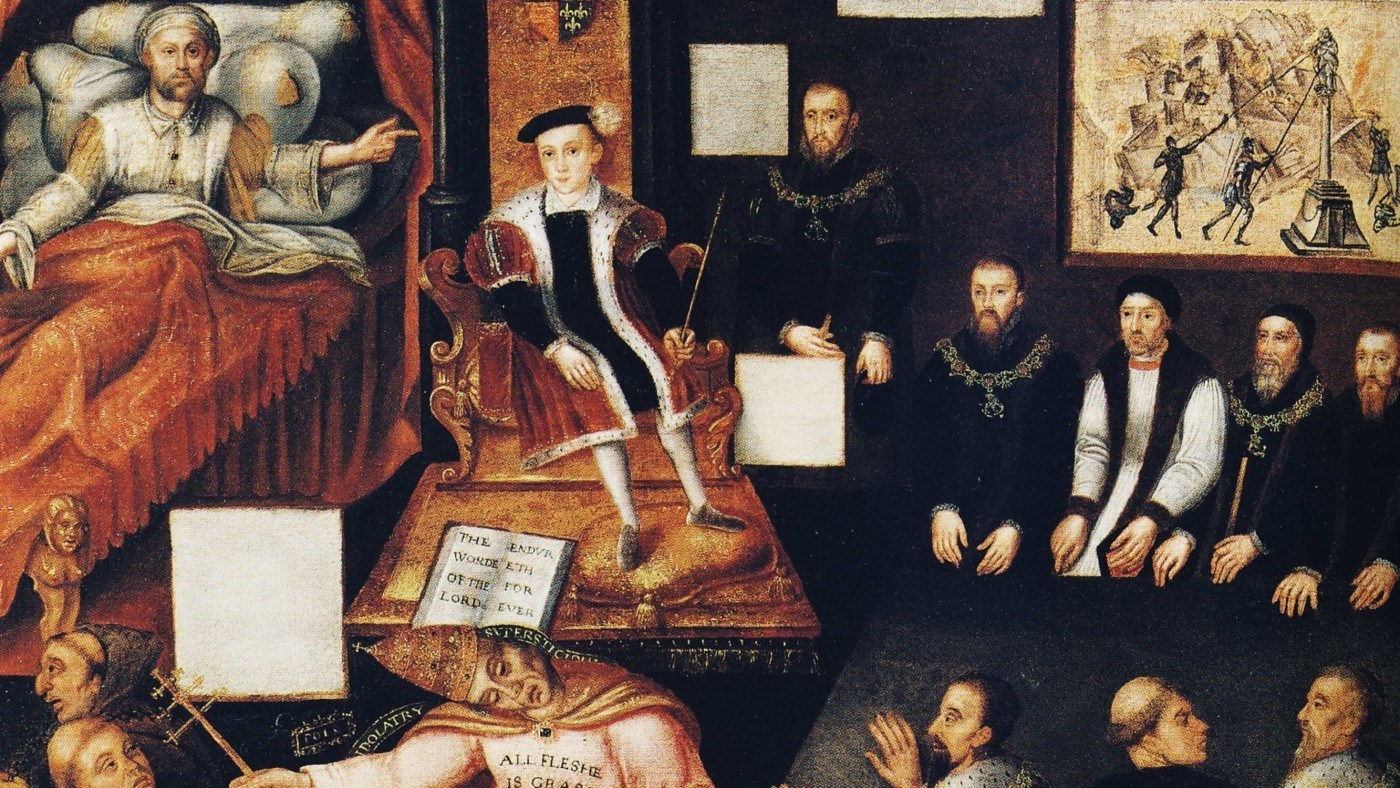In November 2015, the Bruges Group published British Euroscepticism: British identity and tradition. Now author Adriel Kasonta explains why the history of British Euroscepticism matters to the current debate, and is crucial to understanding Britain’s relationship with Europe.
Being a keen observer of British politics and, first and foremost, a huge admirer of its great history, I was naturally inclined me to pay attention to the debate taking place in the United Kingdom regarding its relationship with Brussels.
I am therefore deeply saddened that the debate itself, from the very beginning, has its source in the acceptance of the false cliché that “every man has his price”, once coined by the first British prime minister, Sir Robert Walpole. In fact, this short-sighted approach has much in common with social Darwinism, Socialism, or any other ideologies which attempt to reduce the complicated nature of humanity to a materialist or pseudo-scientific theory.
Nonetheless, this tendency should not come as a surprise, as famous American conservative political scientist, Samuel P. Huntington, already argued in his 2004 article for The National Interest magazine (titled Dead Souls: The Denationalization of the American Elite) that people of this belief, named by him Davos Men, “have little need for national loyalty, view national boundaries as obstacles that thankfully are vanishing, and see national governments as residues from the past whose only useful function is to facilitate the élite’s global operations.” What strikes me the most in Huntington’s observation is the fact that this international perspective is a minority elitist position not shared by the nationalist majority of the people.
Having that in mind, and at the same time being seriously fed up with many of the short-term reasons for a specifically British Euroscepticism which have been proposed so far (predominantly overwhelmed with economic calculation of pros and cons for staying “In” the EU), I have prepared a research paper for the Bruges Group think tank, arguing the necessity for adding a long-term perspective to the ongoing debate in order to provide a fuller and more rounded treatment of this important and topical political issue.
Ideally, it should be grasped in terms of cultural, political and religious factors in English history, particularly the antiquity and political character of a sense of English national identity on the one hand, and on the other hand, the nature and impact of Protestant covenantalism.
As I further argue in my paper, among the factors that have shaped a sense of English national identity are its insular, geopolitical situation, the early development of a centralised English state, and the concomitant growth of a unified English legal system.
Unfortunately, many British people tend to neglect the fact that to the existing sense of national identity under the Tudors was added a strong current of religious separatism, manifested first through Henry VIII’s break with Rome and his vindication of monarchical supremacy in a national church, and second through the Puritan return to the idea of election modelled on the Old Testament narrative of the Exodus and Covenant of the Israelites.
These are the currents which have lent to the sense of English national identity a strong oppositional character, in contrast to the transterritorialism of Christendom characteristic of the leading Roman Catholic powers, which clearly can be seen both by comparing English with French historical trajectories, and more recently, in terms of the strong stance of Britain against further “European” integration.
Essential quotes from the paper:
“The supremacy of Parliament is a refuge of freedom in Britain. The weakening of the sovereignty of Parliament is not only a threat to the independence of the legislative and libertarian tradition but also a threat to the rule of law, which rests on the legal legitimacy founded by elected lawmakers. This kind of legitimacy cannot be ensured by the European institutions which do not have the right to demand obedience from the European citizens, since it rests on national identities embedded in individual states. The so called ‘democratic deficit’ is getting worse with every interference of EU law in the lives of the people.”
“It is being continuously emphasized that in Britain, various EU rules are construed as a malign attack on the British way of life which needs to be repelled.”
“Europeanness means the British identity being just one among many. The problem is that the EU possesses no historical or cultural basis. Therefore, it is doomed to be perceived as
a rather abstract and artificially made concept.”


